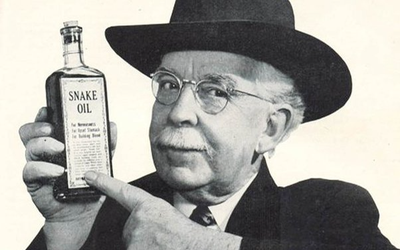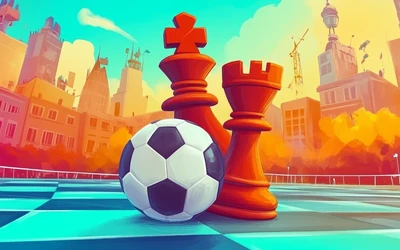
Markus Spiske on Unsplash
The 5 things I do before a tournament
Learnt from 25 consecutive years of OTBA reader asked how I prepare for OTB tournaments.
After playing around 1,700 classical games over 25 years and learning some painful lessons, here’s what I focus on before Round 1.
1. Warm up your chess brain
You can’t bluff your way through tactics.
If you hang a piece, no amount of positional understanding will save you.
So spend even a couple of hours leading up to a tournament solving puzzles. Simple, focused, no engines.
It’s like stretching before a run. Not to impress, but to activate.
2. Cut back on blitz
Blitz teaches good instincts, and bad habits.
Online, you chase the initiative and dopamine. OTB, you need patience and critical thinking.
So include some rapid games or longer game analysis. Solving or analysing on a physical board can also be effective in telling your brain: we’re back to classical.
3. Prioritise hunger
The day before the tournament and on the day, I actually don’t touch chess at all.
Cramming just drains your energy, and more importantly, the desire to enjoy the game itself.
Do the hard training, and decrease the difficulty as the tournament nears. You won’t be in the zone because of what you learned the night before – you’ll be in the zone because you’ve done the work, and you’re just excited to play.
4. Trust your repertoire
Pick one or two openings that feel like home.
No need to know hundreds of variations, but be familiar with the typical piece placements and plans. Each week, add lines with your own words into a Lichess study.
My ‘opening work’ used to be cramming prep before every round. If you’re watering your repertoire every week, it’s easier to retain, easy to review, and you can spend all your energy on the actual game.
5. Set process goals
Results are slippery. You can play your best and still lose games and rating – e.g. you might be paired with a 10-year old in the last round who pathologically stabs the underside of the table with their pen, but just quietly enough so you’d feel like an evil oversized bishop taking up 9 squares if you tell them off, you end up thinking more about that than the position, and you’re in psychological pain after losing.
Process goals give you small, measurable habits you can control.
- keep concentrated on the opponent’s time
- after a loss, ask your opponent for one insight/advice
- still have 30 minutes left at 30 moves, NO MATTER WHAT
Even if you lose two games in a row, you’re planting seeds every step of your journey as a chessplayer.
Photo by Markus Spiske on Unsplash
Bonus: Health = Multiplier
I’ve seen brilliant players sabotage themselves with bad sleep and skipped meals.
Stamina decides half the games in long events.
So treat your routines – sleep, food and exercise – as part of your chess identity.
Because when you’ve eliminated randomness, your mind gets to focus on the fun part: play.
P.S.
And of course, the best way to get better at OTB...is to play OTB.
When’s your next OTB tournament?
You may also like
 IM datajunkie
IM datajunkie#32: Book review: Finite and Infinite Games
5 stars! Do you play chess as a finite or infinite game? Lichess
LichessAccomplished Bangladeshi GM Ziaur Rahman Dies Mid-Game
Lichess extends its condolences to the family, friends, and many fans of GM Ziaur Rahman, who died a… CM HGabor
CM HGaborHow titled players lie to you
This post is a word of warning for the average club player. As the chess world is becoming increasin… GM RealDavidNavara
GM RealDavidNavaraA hammer blow
Bad statictics can sometimes be worse than no statistics FM MathiCasa
FM MathiCasaChess Football: A Fun and Creative Variant
Where chess pieces become "players" and the traditional chessboard turns into a soccer field IM datajunkie
IM datajunkie